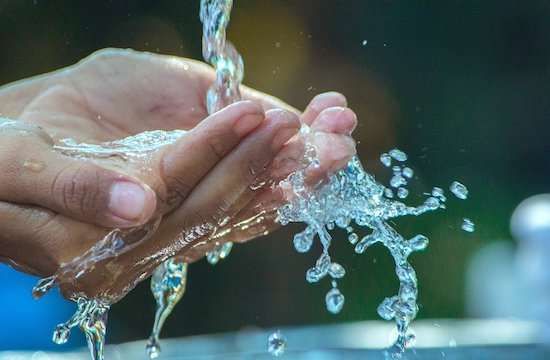
The Devastating Effects of Communities with Compromised Water Sources
The Devastating Effects of Communities with Compromised Water Sources
Access to clean and safe water is a fundamental human right, yet millions of people around the world face the grim reality of compromised water sources. In many communities, the lack of reliable and healthy water supply has far-reaching consequences that touch every aspect of life. In this blog, we will explore the effects of communities with compromised water sources, shedding light on the challenges they face and the urgent need for action to alleviate their suffering.
Health and Sanitation Challenges:
Communities with compromised water sources bear the brunt of numerous health and sanitation challenges. Without access to clean water, individuals are forced to rely on contaminated sources, leading to the spread of waterborne diseases. Diseases like diarrhea, cholera, typhoid, and dysentery claim countless lives and perpetuate a cycle of illness and poverty. Additionally, inadequate sanitation facilities exacerbate the problem, as proper hygiene practices become difficult to maintain, further compromising community health.
Economic Implications:
The effects of compromised water sources ripple through the economic fabric of communities. Without reliable access to clean water, individuals, particularly women and children, are burdened with the arduous task of traveling long distances to fetch water. This time-consuming chore limits their opportunities for education, employment, and economic empowerment. Furthermore, industries reliant on water, such as agriculture and manufacturing, suffer from reduced productivity and profitability, leading to unemployment and economic stagnation.
Food Insecurity and Agricultural Challenges:
Water scarcity hampers agricultural productivity and exacerbates food insecurity. Without adequate water for irrigation, crop yields decrease, jeopardizing food production and livelihoods. Farmers face the daunting task of choosing between providing water for their crops or using it for domestic purposes. This conundrum leads to crop failures, decreased incomes, and a heightened risk of malnutrition within affected communities.
Social Disruption and Migration:
Communities with compromised water sources often experience social disruption and migration as a result of the dire circumstances they face. The burden of water collection and the struggle for survival can strain social relationships and increase tensions within the community. Moreover, in extreme cases, water scarcity can become a catalyst for internal displacement or forced migration, as people search for better opportunities and access to water resources. This displacement further strains resources and exacerbates the challenges faced by both the affected communities and the areas they move to.
Environmental Impact:
The effects of compromised water sources extend beyond human communities and impact the environment as well. As communities turn to alternative water sources, such as rivers, streams, or underground water tables, excessive extraction puts additional strain on already vulnerable ecosystems. Aquatic habitats suffer from reduced water flow, leading to the loss of species and disruption of delicate ecological balances. The degradation of natural habitats further exacerbates environmental challenges, including soil erosion, deforestation, and loss of biodiversity.
Communities with compromised water sources endure significant hardships that touch every aspect of their lives. The effects extend from compromised health and sanitation to economic struggles, food insecurity, social disruption, and environmental degradation. Addressing these challenges requires a multifaceted approach, including investment in infrastructure, education, and sustainable water management practices. Ensuring access to clean and safe water for all is not only a matter of human rights but also a prerequisite for the well-being and sustainable development of communities around the world. It is imperative that we join forces to provide support, resources, and solutions to alleviate the plight of these communities and build a future where access to clean water is a universal reality.
